The Student and Outreach Subcommittee and the Diversity and Inclusion Committee of the IEEE IT society are organizing a virtual mentorship event during the ISIT 2021 conference, on topics relevant to the student, postdoc and young faculty community of the IT society. The event, which will be held on Day 2 Session D (July 14 1:00 AM - 2:00 AM AEST) and Day 5 Session B (July 16 3:00 PM - 4:00 PM AEST), consists of several 30-minute sessions, where members of the Information Theory community from academia and industry will provide scientific and career advice, share their experiences and answer questions from more junior members who are registered to ISIT. We look forward to your participation in this event for an opportunity to network and exchange ideas with other members of the community.

Michael Gastpar is a Professor at École Polytechnique Fédérale (EPFL), Lausanne, Switzerland. Previously he held (tenured) professor positions at the University of California, Berkeley and at Delft University of Technology. His research interests include network information theory and signal processing, with applications to sensor networks and neuroscience. He has received a number of awards for his research, including the Communications Society & Information Theory Society Joint Paper Award (2013), the Okawa Foundation Research Grant (2008) and the NSF CAREER award (2004).
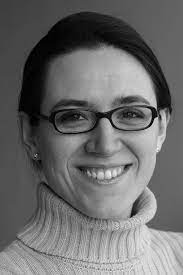
Daniela Tuninetti is currently a professor and interim department head within the Department of Electrical and Computer Engineering at the University of Illinois Chicago (UIC), which she joined in 2005. Dr. Tuninetti got her Ph.D. in Electrical Engineering in 2002 from ENST/Telecom ParisTech (Paris, France, with work done at the Eurecom Institute in Sophia Antipolis, France), and she was a postdoctoral research associate at the School of Communication and Computer Science at the Swiss Federal Institute of Technology in Lausanne (EPFL, Lausanne, Switzerland) from 2002 to 2004. Dr. Tuninetti is a recipient of a best paper award at the European Wireless Conference in 2002, of an NSF CAREER award in 2007, and named UIC University Scholar in 2015. Dr. Tuninetti was the editor-in-chief of the IEEE Information Theory Society Newsletter; an editor for IEEE Communication Letters, for IEEE Transactions on Wireless Communications and for IEEE Transactions on Information Theory; she is currently an editor for IEEE Transaction on Communications. She is an elected member of the IEEE Information Theory Society Board of Governors. She is also a distinguished lecturer of the IEEE Information Theory Society. Dr. Tuninetti's research interests are in the ultimate performance limits of wireless interference networks (with special emphasis on cognition and user cooperation), coexistence between radar and communication systems, multi-relay networks, content-type coding, caching networks, and distributed computing.

Maxime Guillaud (Senior Member, IEEE) is a researcher in Huawei Technologies’ Advanced Wireless Technology Lab in Paris, France where he heads the signal and information processing group. He has 20 years expertise in the domain of wireless communications, in both academic and industrial research environments. He received the M.Sc. degree in electrical engineering from ENSEA, Cergy, France, in 2000, and the Ph.D. degree in electrical engineering and communications from Telecom ParisTech, Paris, France, in 2005. From 2000 to 2001, he was a Research Engineer with Lucent Bell Laboratories (now Nokia), Holmdel, NJ, USA. From 2006 to 2010, he was a Senior Researcher with FTW, Vienna, Austria. From 2010 to 2014, he was a Researcher with the Institute of Telecommunications of Vienna University of Technology, Vienna, Austria. Since 2014, he has been with Huawei Technologies France. Dr. Guillaud worked on numerous aspects of the physical layer of radio access networks, including transceiver algorithms, channel modeling, machine learning, and modulation design for non-coherent and multiple access communications. He has authored over 80 research papers and 18 patents. He is an associate editor of the IEEE Transactions on Wireless Communications.

Lalitha Sankar is an Associate Professor in the School of Electrical, Computer, and Energy Engineering at Arizona State University. She received her doctorate from Rutgers University and her bachelors degree from the Indian Institute of Technology, Bombay. Her research is at the intersection of information theory and learning theory and also its applications to the electric grid. Her work has focused on identifying meaningful metrics for information privacy and algorithmic fairness. She received the NSF CAREER award in 2014 and currently leads an NSF-and Google-funded effort on using learning techniques to assess COVID-19 exposure risk in a secure and privacy-preserving manner.
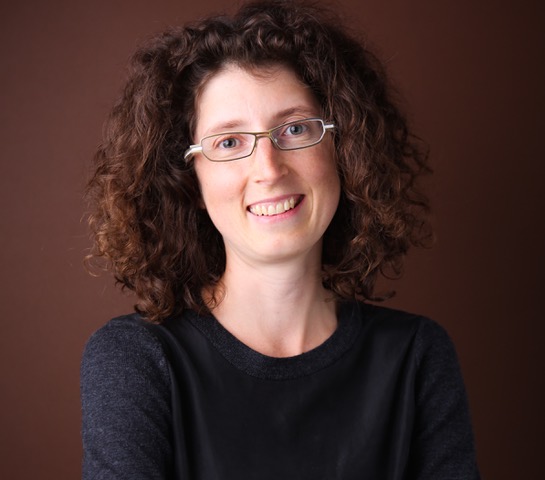
Natasha Devroye is a Professor in the Department of Electrical and Computer Engineering at the University of Illinois at Chicago (UIC), which she joined in January 2009. From July 2007 until July 2008 she was a Lecturer at Harvard University. Dr. Devroye obtained her Ph.D in Engineering Sciences from the School of Engineering and Applied Sciences at Harvard University in 2007, and an Honors B. Eng in Electrical Engineering from McGill University in 2001. Dr. Devroye was a recipient of an NSF CAREER award in 2011 and was named UIC’s Researcher of the Year in the “Rising Star” category in 2012. She has been an Associate Editor for IEEE Transactions on Wireless Communications, IEEE Journal of Selected Areas in Communications, the IEEE Transactions on Cognitive Communications and Networking and the IEEE Transactions on Information Theory. She co-chaired the Women in Information Theory Society from 2015-2018 and is an Information Theory Society Distinguished Lecturer for 2019-2021. Her research interests lie in multi-user information theory and applications to spectrum sharing, radar, massive multiple-access, low-latency, two-way and wireless communications in general. Recently, she has become interested in the statistical analysis of hardware security systems. She balances this with a love of traveling with her partner and three young children.
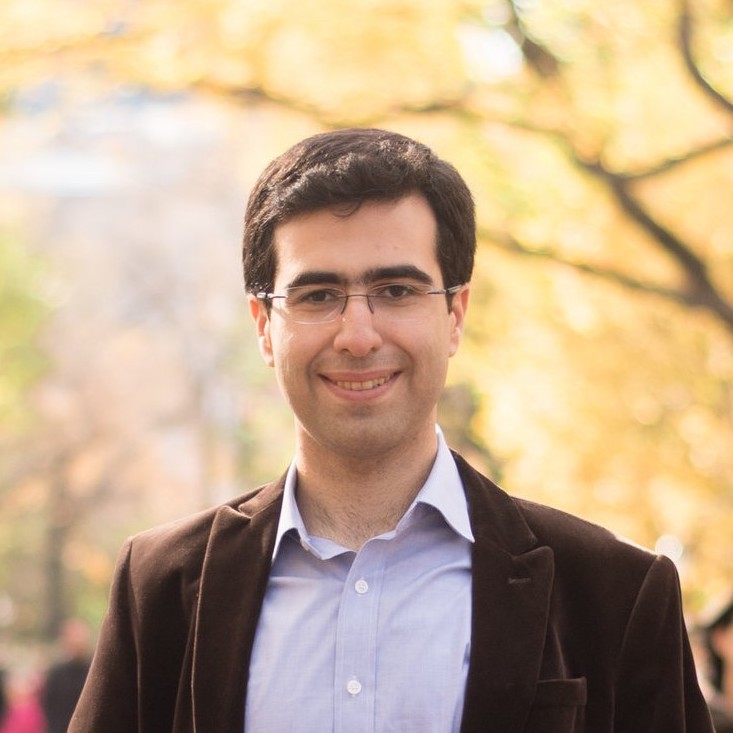
Navid Naderializadeh received the B.S. degree in electrical engineering from Sharif University of Technology, Tehran, Iran, in 2011, the M.S. degree in electrical and computer engineering from Cornell University, Ithaca, NY, USA, in 2014, and the Ph.D. degree in electrical engineering from the University of Southern California, Los Angeles, CA, USA, in 2016. After spending three years as a Research Scientist at Intel Labs, Dr. Naderializadeh is currently a Research Scientist in the Information & Systems Sciences Lab at HRL Laboratories, LLC in Malibu, CA, USA. His research interests include various aspects of machine learning, including multi-agent reinforcement learning, graph representation learning, and self-supervised learning, and the applications of information theory and machine learning for resource allocation in wireless communication networks. Dr. Naderializadeh ranked first in the Iranian Nationwide University entrance exam in 2007. He was a recipient of the Jacobs Scholarship in 2011. He was selected as a 2015-16 Ming Hsieh Institute Ph.D. Scholar. He was also a finalist in the Shannon Centennial Student Competition at Nokia Bell Labs in 2016.
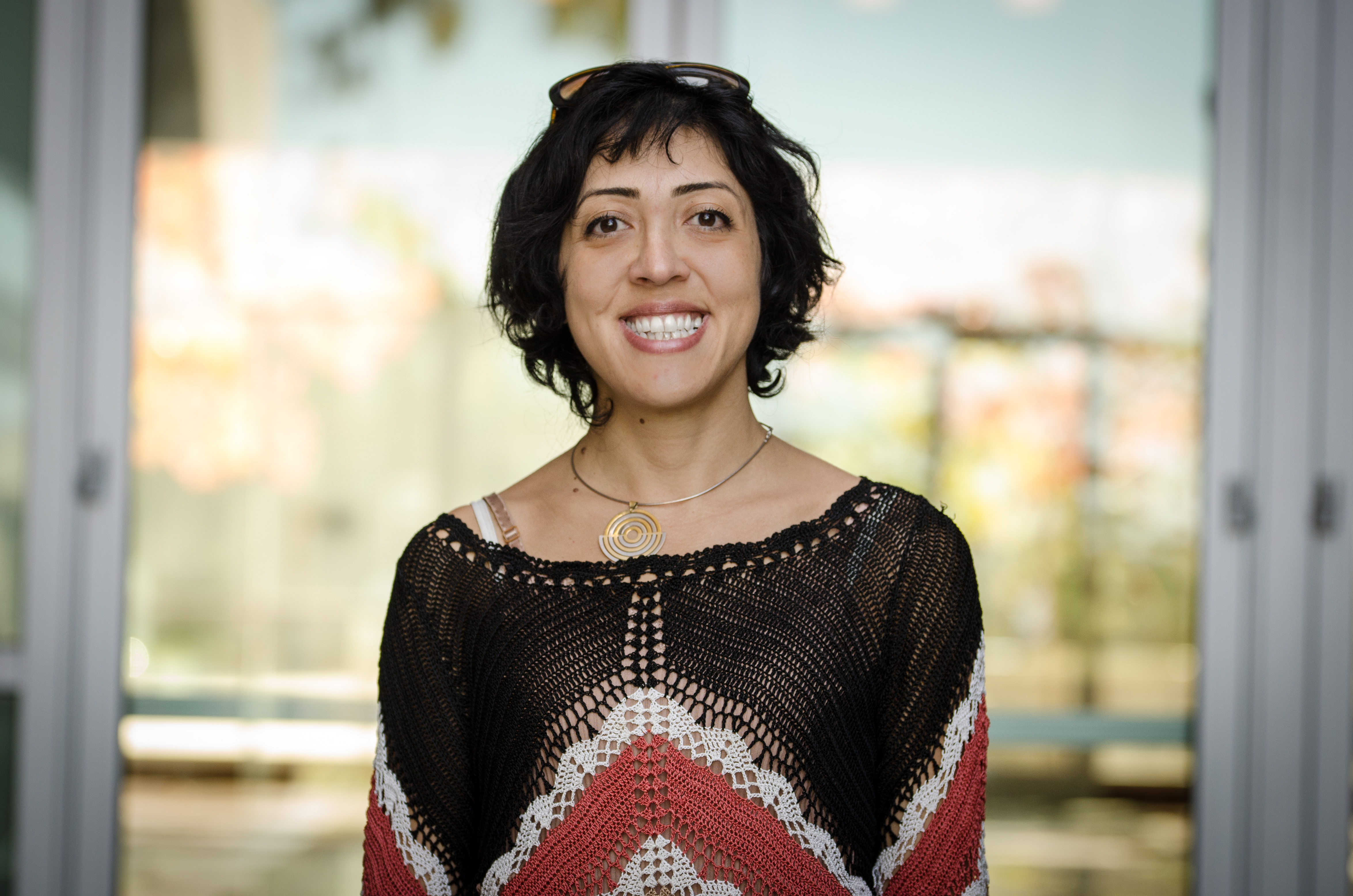
Dr. Javidi is a professor of electrical and computer engineering at University of California, San Diego. She received her MS and PhD degrees in Electrical Engineering and Computer Science as well as her MS in Applied Mathematics from the University of Michigan, Ann Arbor. Before joining UCSD, she was on the faculty of Electrical Engineering Department at the University of Washington, Seattle; In 2013-2014, she spent her sabbatical at Stanford University as a visiting faculty. Her area of research is at the intersection of stochastic control, information theory, and data science with notable contributions to the theory of information acquisition and active learning. At the University of California, San Diego, Tara is a founding co-director of the Center for Machine-Integrated Computing and Security, the principal investigator of Detect Drone Project as well as a faculty member of the member of the Centers of Information Theory and Applications (ITA), Halıcıoğlu Data Science Institute, Wireless Communications (CWC), Contextual Robotics Institute (CRI) and Networked Systems (CNS).

Cynthia Rush is the Howard Levene Assistant Professor of Statistics in the Department of Statistics at Columbia University. In May, 2016, she received a Ph.D. in Statistics from Yale University under the supervision of Andrew Barron and she completed her undergraduate coursework at the University of North Carolina at Chapel Hill where she obtained a B.S. in Mathematics.She received an NSF CRIII award in 2019, was an NTT Research Fellow at the Simons Institute for the Theory of Computing for the program on Probability, Computation, and Geometry in High Dimensions in Fall 2020, and will be a Research Fellow at the Simons Institute for the Theory of Computing for the program on Computational Complexity of Statistical Inference in Fall 2021.
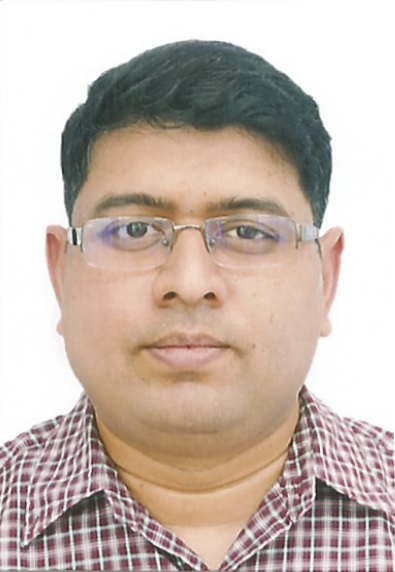
Kapil Bhattad received his B. Tech degree in Electrical Engineering from IIT Madras in 2002 and a Ph.D. degree in Electrical Engineering from Texas A&M University in 2007. He has been at Qualcomm research since then in San Diego from 2007 to 2011 and in Bangalore from 2011 onwards. He has contributed extensively to design, standardization, and commercialization of wireless communication technologies and chipsets covering 3G,4G,5G, IoT, and satellite communication systems. He has more than 250 patent applications in these areas. His recent roles include leading the 5G R&D effort at Qualcomm Wireless R&D at Bangalore and leading the RFPI systems team in India.
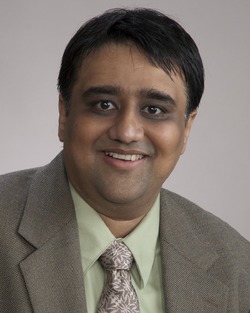
Mehul Motani received the B.E. degree from Cooper Union, New York, NY, the M.S. degree from Syracuse University, Syracuse, NY, and the Ph.D. degree from Cornell University, Ithaca, NY, all in Electrical and Computer Engineering. Dr. Motani is currently an Associate Professor in the Electrical and Computer Engineering Department at the National University of Singapore (NUS) and a Visiting Research Collaborator at Princeton University. Previously, he was a Visiting Fellow at Princeton University. He was also a Research Scientist at the Institute for Infocomm Research in Singapore, for three years, and a Systems Engineer at Lockheed Martin in Syracuse, NY for over four years. His research interests include information and coding theory, machine learning, biomedical informatics, wireless and sensor networks, and the Internet-of-Things. Dr. Motani was the recipient of the Intel Foundation Fellowship for his Ph.D. research, the NUS Annual Teaching Excellence Award, the NUS Faculty of Engineering Innovative Teaching Award, and the NUS Faculty of Engineering Teaching Honours List Award. He actively participates in the Institute of Electrical and Electronics Engineers (IEEE) and the Association for Computing Machinery (ACM). He is a Fellow of the IEEE and has served as the Secretary of the IEEE Information Theory Society Board of Governors. He has served as an Associate Editor for both the IEEE Transactions on Information Theory and the IEEE Transactions on Communications. He has also served on the Organizing and Technical Program Committees of numerous IEEE and ACM conferences.
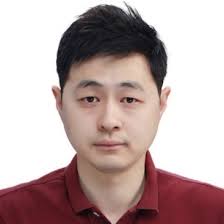
Changho Suh is an Associate Professor of Electrical Engineering at KAIST. He received the B.S. and M.S. degrees in Electrical Engineering from KAIST in 2000 and 2002 respectively, and the Ph.D. degree in EECS from UC Berkeley in 2011. From 2011 to 2012, he was a postdoctoral associate in MIT. From 2002 to 2006, he had been with Samsung. Prof. Suh is a recipient of numerous awards, including the 2019 AFOSR Grant, the 2019 Google Education Grant, the 2018 IEIE/IEEE Joint Award, the 2015 IEIE Haedong Young Engineer Award, the 2013 IEEE Communications Society Stephen O. Rice Prize, the 2011 David J. Sakrison Memorial Prize (the best dissertation award in UC Berkeley EECS), the 2009 IEEE ISIT Best Student Paper Award, the 2020 LINKGENESIS Best Teacher Award (the campus-wide Grand Prize in Teaching), and the four Department Teaching Awards (2013, 2019, 2020, 2021). Dr. Suh is an IEEE Information Theory Society Distinguished Lecturer, the General Chair of the Inagural IEEE East Asian School of Information Theory, and a Member of Young Korean Academy of Science and Technology. He is also an Associate Editor of Machine Learning for the IEEE Transactions on Information Theory, the Editor for IEEE Information Theory Newsletter, and an Area Chair of NeurIPS 2021 and a Senior Programm Committee of IJCAI 2019–2021.
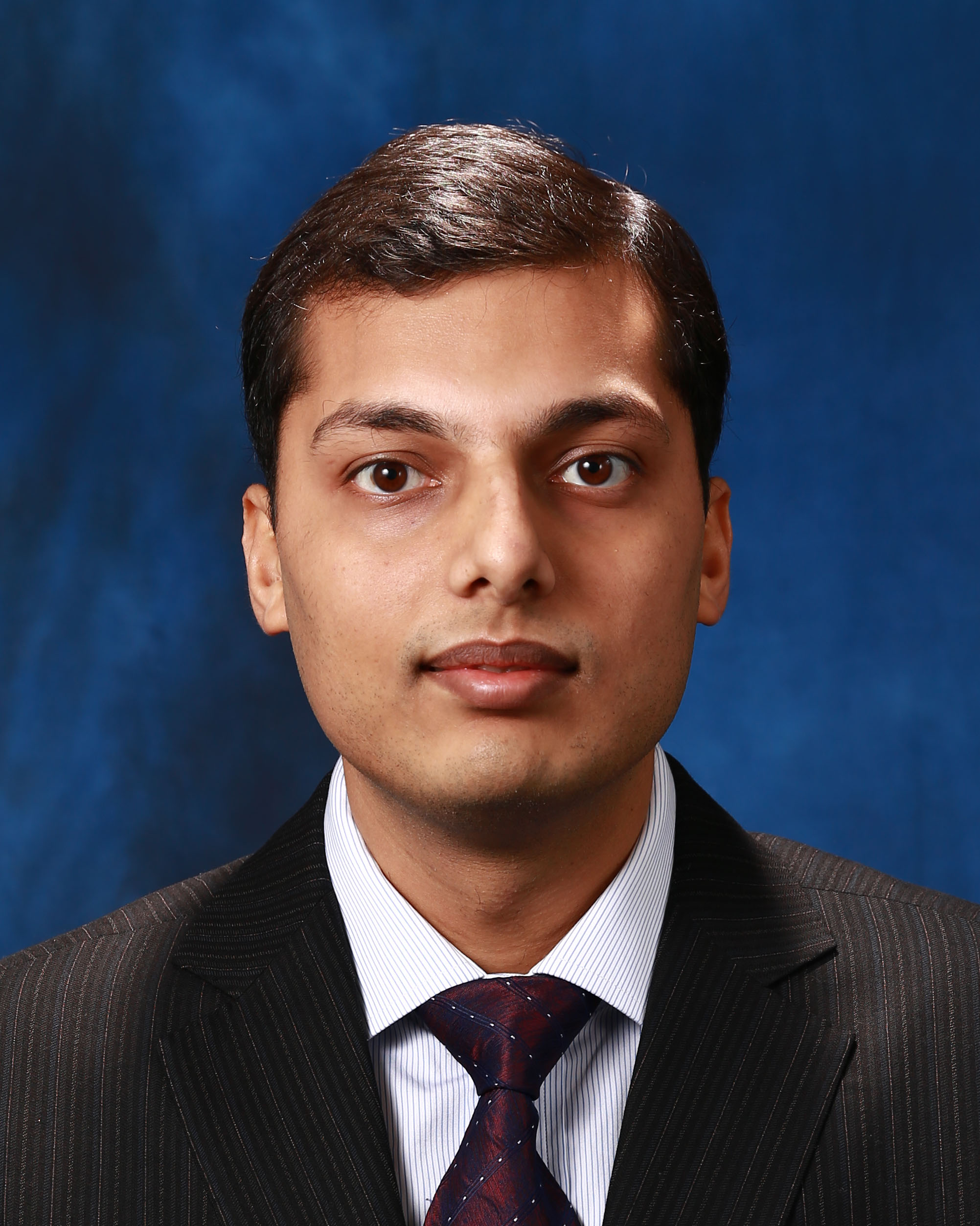
Mayank Bakshi is a Principal Researcher at Theory Lab, Huawei, Hong Kong. From 2014-2019, he was a Research Assistant Professor at the Institute of Network Coding, Chinese University of Hong Kong. He obtained his B.Tech and M.Tech from IIT Kanpur in 2003 and 2005 respectively, and PhD from Caltech in 2011, all in Electrical Engineering. His research interests include information theory for future wireless networks, physical layer security, and sparse recovery.

Stefano Rini is an Associate Professor at the Department of Electrical and Computer Engineering at the National Yang-Ming Chiao-Tung University (NYCU) (previously National Chiao-Tung University (NCTU)), Hsinchu, Taiwan. He received the B.A. degree in computer science from Politecnico di Milano, Italy, in 2005, the M.S. degree in both Electrical and Computer Engineering and Statistics from the University of Illinois at Chicago (UIC) in 2009. He earned his doctoral degree in Electrical and Computer Engineering at the University of Illinois in Chicago (UIC), USA, in 2011 under the supervision of Professor Tuninetti and co-adviser Professor Devroye, with a thesis titled "Cognition and Cooperation in Wireless Networks: an Information Theoretic Perspective". In 2012, he was a postdoctoral fellow at the Institute for Communications Engineering at the Technical University of Munich (TUM), Germany with Professor Gerhard Kramer. In 2013 he was a postdoctoral fellow at the Department of Electrical Engineering at Stanford University, USA, with Professor Andrea J. Goldsmith. In 2014 he joined NYCU.
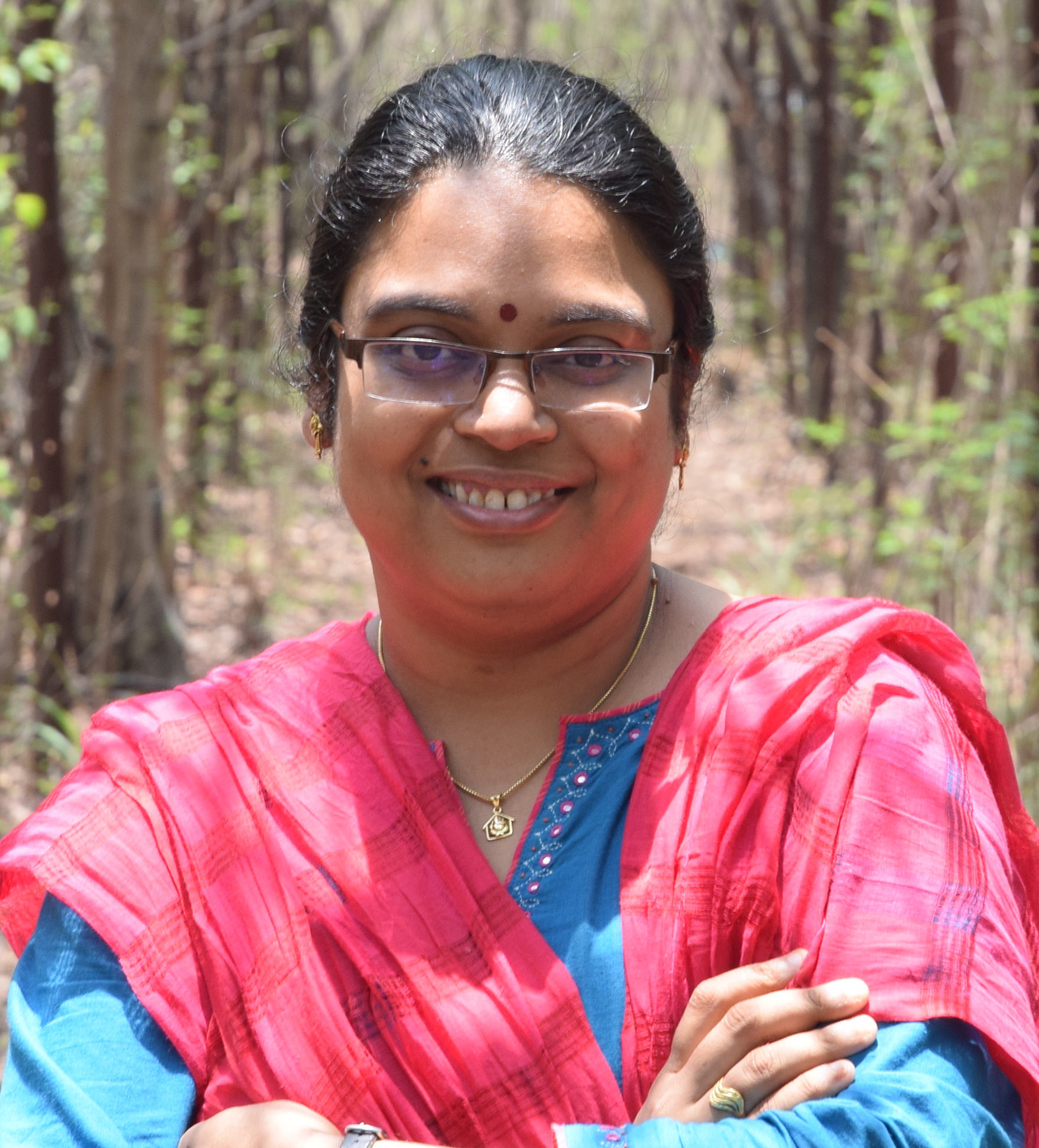
Lalitha Vadlamani received her B.E. degree in Electronics and Communication Engineering from the Osmania University, Hyderabad, in 2003 and her M.E. and Ph.D. degrees from the Indian Institute of Science (IISc), Bangalore, in 2005 and 2015 respectively. From May 2015, she is working as Assistant professor in IIIT Hyderabad, where she is affiliated to Signal Processing and Communications Research Center. Prior to joining IIIT Hyderabad, she worked as a research intern at Microsoft Research, Bangalore. Her research interests include coding for distributed storage and computing, index coding, polar codes, learning-based codes and coded blockchains.
Discover more by watching the trailer!
Organized by the Student and Outreach Subcommittee in collaboration with the Diversity and Inclusion Committee.